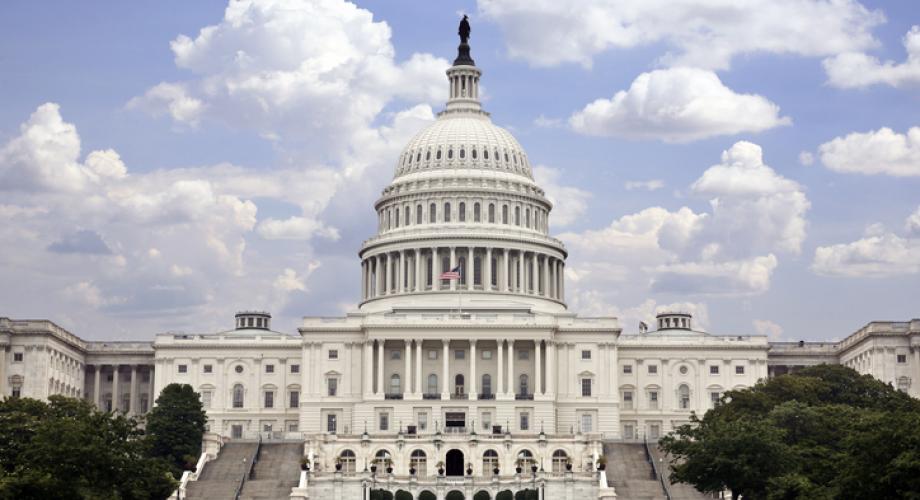Late on December 21, Congress passed the Consolidated Appropriations Act of 2021, the first coronavirus relief package since the July expiration of many critical relief efforts, including enhanced unemployment benefits. Notably, the bill includes dedicated federal emergency rental assistance for the first time – a critical measure that helps housing providers pay their bills and keep our nation’s 40 million renters in their homes. The industry has demanded and advocated for rental assistance since the onset of the pandemic, and its inclusion is a major victory and testament to the advocacy efforts of NAA, our affiliates, members and other industry stakeholders.
Importantly, the package includes:
- $25 billion in dedicated rental assistance;
- An extension for grantees to spend unused federal dollars, which historically have funded rental assistance programs;
- $600 direct stimulus check payments per qualifying individual (including children);
- $300 per week federal unemployment insurance enhancement for unemployed Americans; and
- $284 billion in forgivable Paycheck Protection Program (PPP) loans.
While rental assistance is an important down payment for the projected $70 billion in rental debt, the bill is not without its tradeoffs. It also includes an extension of the CDC eviction moratorium until January 31– a policy that threatens industry operations in the short-term as well as long-term housing affordability. While this provision was part of a critically important bipartisan compromise, NAA will continue aggressive legal and advocacy efforts on such policies and calls on the 117th Congress and incoming Biden administration to pursue additional rental assistance funding instead of expanding harmful eviction moratoriums.
Now that funding is secured, it is equally important for state and local officials to quickly distribute rental assistance funds to renters across the income spectrum who are in need. They must resist the urge to employ qualification standards that while well intentioned, hamper participation.
More needs to be done, but this package is a life preserver for the countless Americans facing financial hardship. NAA will continue its tireless work to ensure the unique needs of the apartment industry are addressed and will keep our members updated on all future federal relief efforts.
Additional resources and information on the Consolidated Appropriations Act of 2012:
Executive summary of provisions of interest for the apartment industry.
NAA's full summary of the package.
Tax provision information.
Funding aspects of the package.
